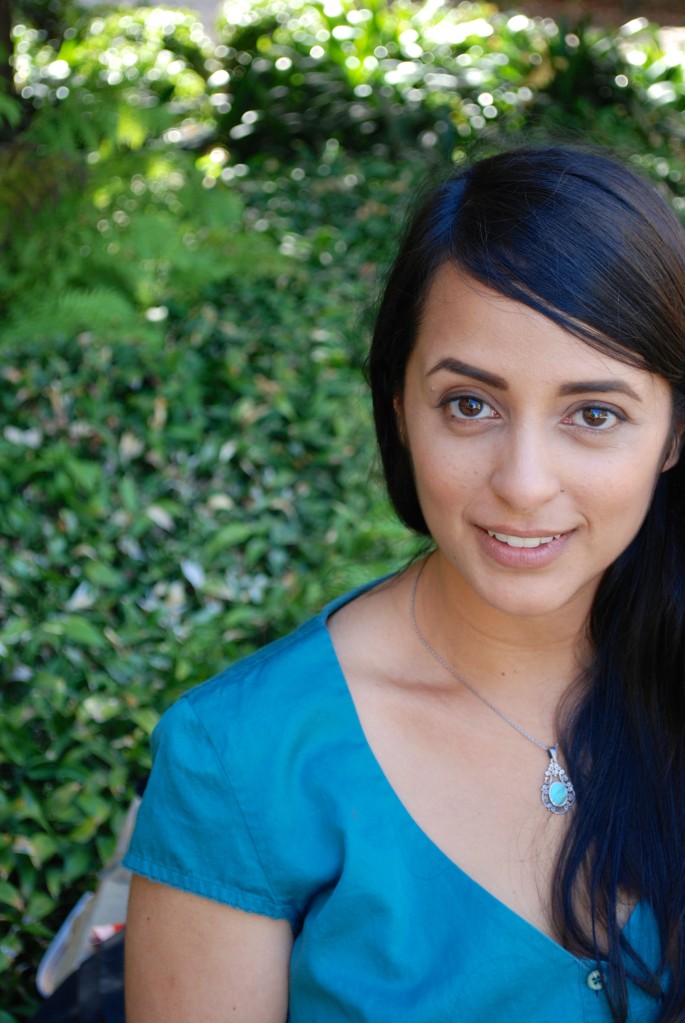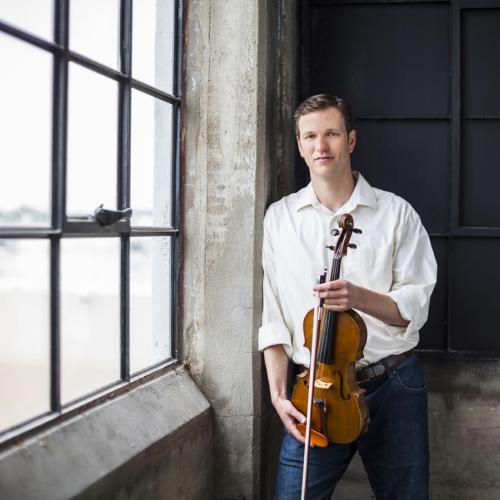“Made Fragile” welcomes a fragile spring season with consoling music
By Peter Alexander March 29 at 10:20 p.m.
It’s a common theme: Boulder conductors look to program music that recognizes the stress and trauma their audiences have been through in the past two years.
For Thomas Morgan and the Ars Nova Singers, that means turning to music that is more comfortably familiar than much of the Renaissance and contemporary music that they usually perform: the gentle, consoling Requiem by French composer Gabriel Fauré. On the same program will be Fauré’s popular Pavane, in a version for orchestra and chorus; Brahms’s choral song “Abendständchen” (Evening serenade); and four works by Indian/American composer Reena Esmail.
The program, titled “Made Fragile,” will be performed at 7:30 p.m. Friday in Denver (April 1) and Saturday in Boulder (May 2; details below).
Featured performers with Ars Nova will be flutist Christina Jennings; violist Matt Dane, who will be concertmaster of the orchestra; Ars Nova assistant conductor Brian Dukeshier, who will lead the Brahms; and soprano Magdalena Kadula, a senior at Tara Performing Arts High School in Boulder who won a competition to sing a solo with Ars Nova.
The Fauré Requiem is probably the most familiar work Morgan and the Ars Nova Singers have performed. “We did it in our second season, 1987, and haven’t done it since,” Morgan says. “It is outside where our usual repertoire is. But one of the things we realized coming out of the pandemic is that there’s so much community grief that’s left unprocessed.
“We wanted to do something that would really appeal both to the audiences and to our singers. And Fauré’s really gentle that way.”
Ars Nova likes to include educational activities in their schedule, but during the pandemic they have been unable to go into schools. Instead, Morgan decided to reach out to students by offering the opportunity to sing “Pie Jesu,” the soprano solo movement of the Requiem. It is relatively short and not difficult, which made it ideal for young singers.
“We had a competition,” Morgan explains. “We sent it out to public music teachers and private voice teachers and offered a little scholarship (and) we had 13 entrants. It’s just a two-page piece and we had the first round where the kids recorded it on their phones. We evaluated those 13 entries and selected five to do in-person auditions.
“From that we selected Magdalena Kadula, who will be our soprano. She’s a senior at the Tara High School of the Arts here in Boulder. It was a good way for us to outreach to young people at a time that’s very challenging.”
The other major element of the program is a selection of four pieces by Reena Esmail. An Indian-American composer, she has studied at Juilliard and Yale in this country, and with Hindustani music teachers in India. She often incorporates elements of Hindustani music into her compositions, along with Western classical music.
Esmail’s music was added to the program through a suggestion by violist Matt Dane. The orchestra for Fauré’s Requiem only calls for violas and cellos, with no violins, so Dane serves as concertmaster. He suggested Esmail’s “When the Violin” for chorus and viola as a good companion piece to the Requiem.
That led to adding another piece by Esmail for viola and flute, which Dane will play with his wife, flutist Christina Jennings from the CU faculty. That in turn led to adding two other pieces by Esmail, “She Will Transform You” for flute and chorus, and “Tarekita” for a capella chorus, which will open the concert.
Esmail wrote “TaReKiTa” for a choir of homeless people in Los Angeles that she was working with. “It’s taken off in the choral world,” Morgan says. “A number of people have recorded it. It’s very accessible, kind of like Indian scat singing. It’s a short piece that sets the stage well for the rest of her music, (which is) infused with who she is as an Indian-American.”
With Jennings included on the program, Morgan then decided to add Fauré’s Pavane, which is popular in a version for small orchestra and featuring a prominent flute solo. Originally written for piano, it was adapted by Fauré for orchestra and chorus, including a text that Morgan says “is not high art in terms of poetry,” about men’s and women’s romantic helplessness. “The beautiful melody carries the whole thing,” he says.
Morgan chose the Brahms “Abendständchen” to complete the program, both for its musical qualities and the opening line, “‘Hark the flute laments again, and the cool springs murmur,” which fits the occasion perfectly. The performance is a farewell for Dukeshier, who has been Ars Nova’s assistant conductor for several years, and recently completed a doctorate at the University of Northern Colorado.
Morgan says that the COVID protocols for the two performances are always subject to change. “We’re watching week to week as to how we implement our COVID strategies,” he says. “At the moment we’re planning to go with the singers masks-optional, but we’re also watching what’s happening. It makes for an interesting time right now.”
In other words, be sure to check the Ars Nova Health and Safety page on the Web before attending the concert. Or as Morgan puts it, “As the name of the program says, everything’s very fragile.”
# # # # #
“Made Fragile“
Ars Nova Singers, Thomas Morgan, director
With Christina Jennings, flute, and Matt Dane, viola
Magdalena Kadula, soprano
Brian Dukeshier, asst. conductor
- Reena Esmail: “TaReKiTa” for chorus
—“When the Violin” for chorus and solo viola
—“She Will Transform You” for chorus and solo flute
—“Nadiya” for flute and viola - Brahms: “Abendständchen” (Evening serenade)
- Gabriel Fauré: Pavane (arr. Thomas Morgan)
—Requiem
7:30 p.m. Friday, April 1
Central Presbyterian Church, 1660 Sherman St., Denver
7:30 pm. Saturday, April 2,
First United Methodist, 1421 Spruce St., Boulder
Also available by livestream
CORRECTION, March 30: The spelling of TaKeKiTa, with alternating upper case letters was corrected, as well as the spelling of Christina Jennings’s first name.





